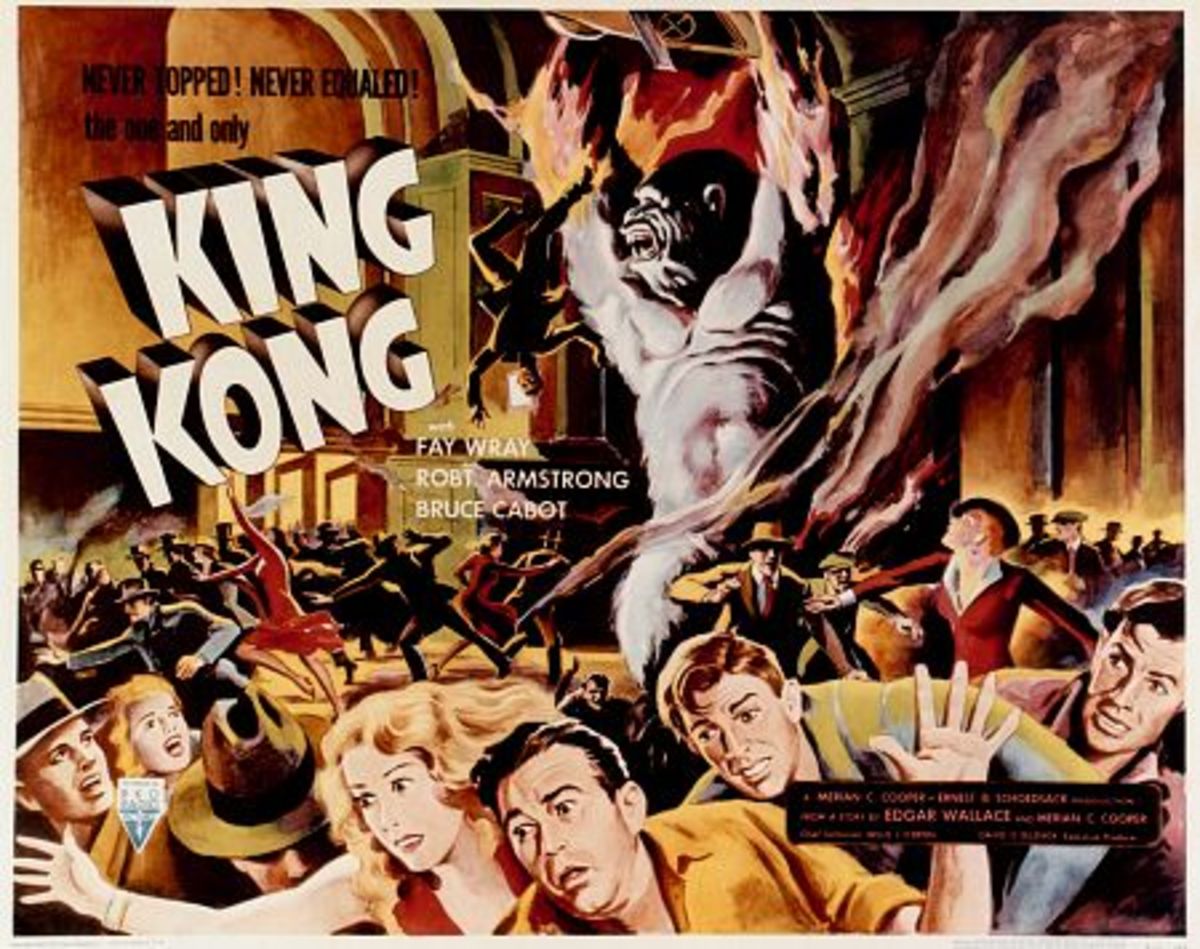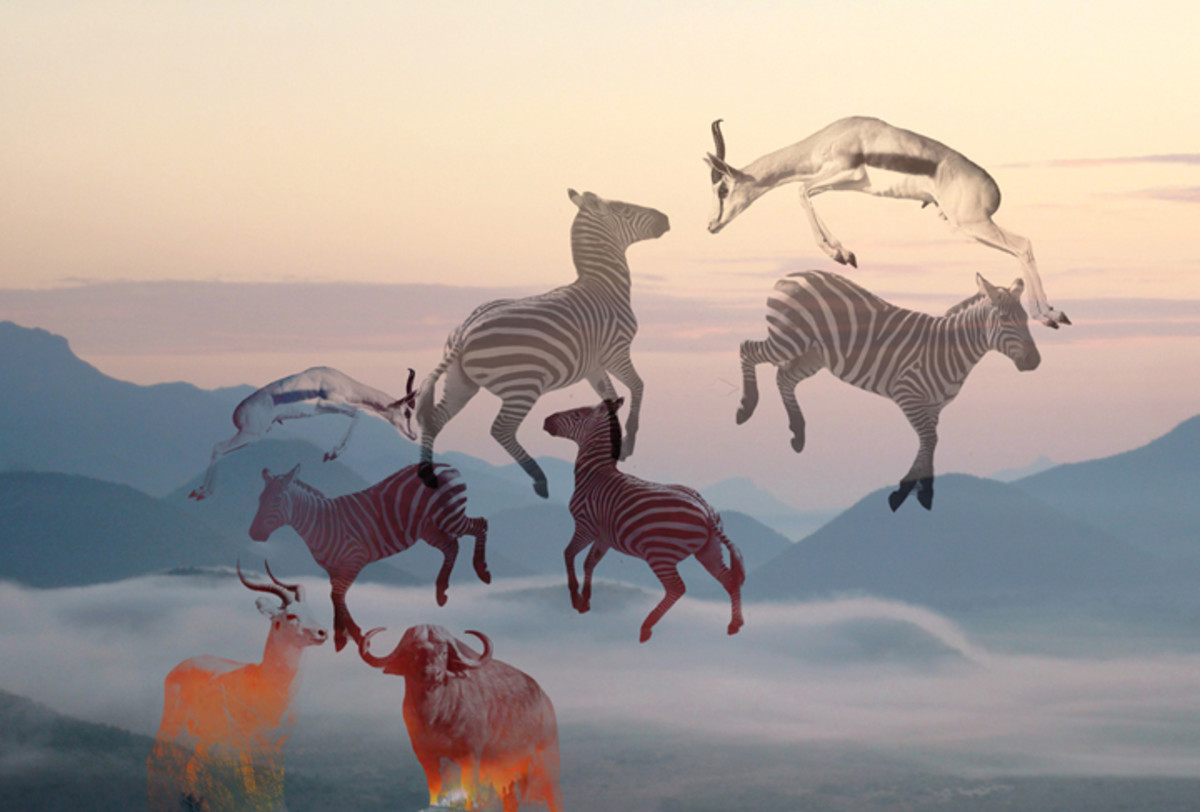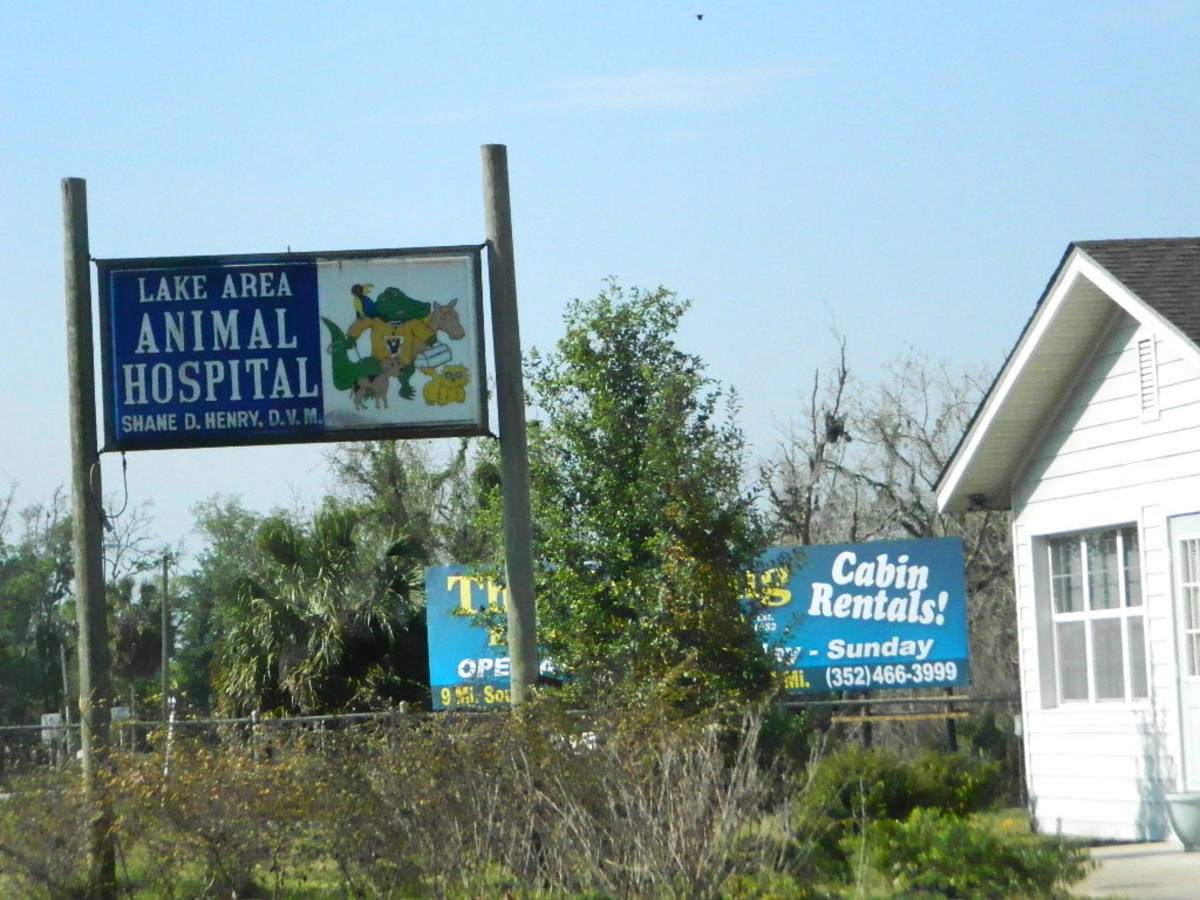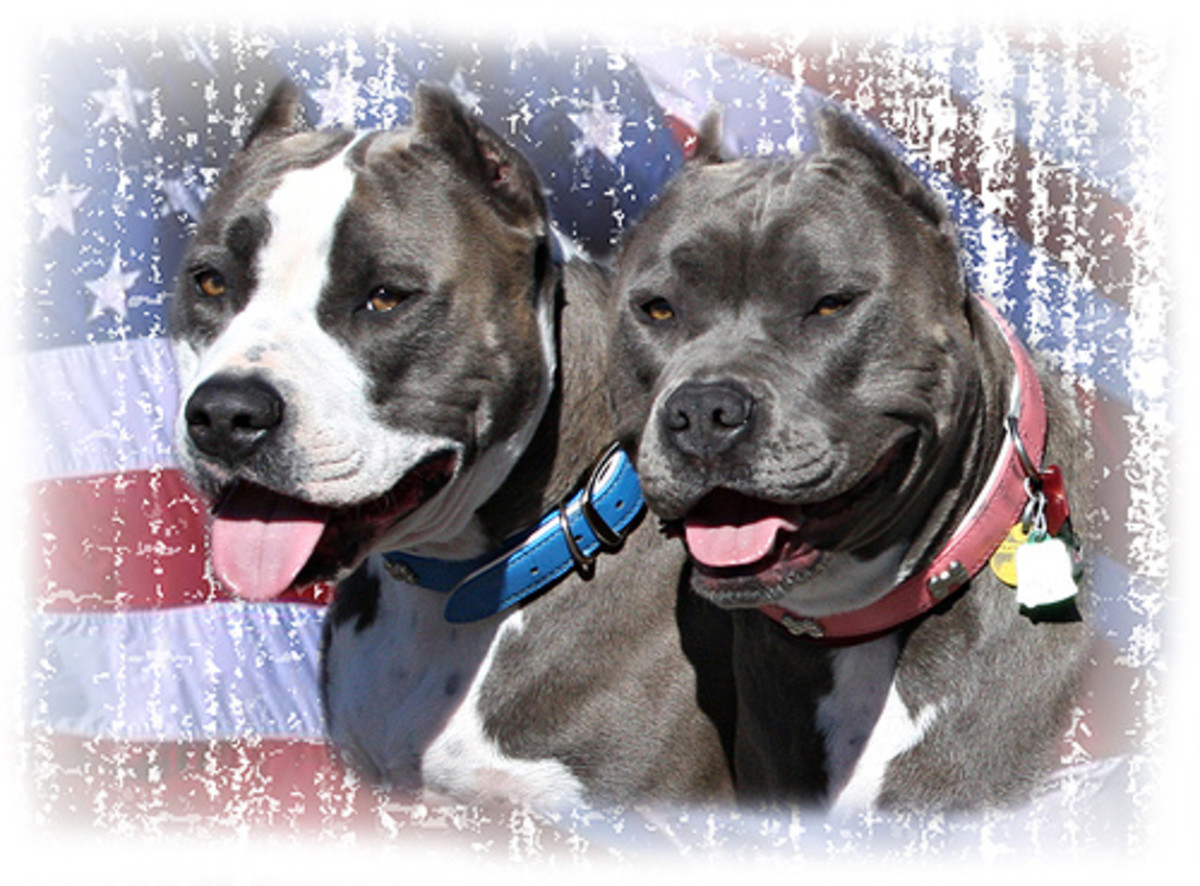What "Animal Rights" Really Means

Do animals have rights? In Carl Cohen's essay by the same name as the corresponding question he states several reasons why animals do not have rights. He suggests that animals lack moral autonomy and the ability to defend any rights that might be given to them. Furthermore, he claims that an animal has no moral state of mind and therefore, cannot be convicted of a crime like a human can. Because of this we as humans have a moral obligation towards animals and I completely agree.
Now, I know that some of you are gasping right now because you might think, "Animals certainly do have rights!" Well, I intend to compare Cohen's views on animal rights, or lack thereof, to Mary Ann Warren's views on animal rights and why Cohen's view is the more rational, and more humane towards animals.
Carl Cohen's View
Cohen states that an animal cannot be the bearer of rights because this concept is completely foreign to them. That makes sense. He offers the example of a lioness killing a baby zebra to feed its cubs out on the Serengeti. The lioness is only doing what her instinct dictates and the fact the baby zebra is defenseless plays no part in her singling it out as food. A human knows that it is morally wrong to kill a child, an animal does not. One could argue that if the lioness has to kill at all, a baby zebra is the worst possible choice. The fact that this does not factor in to the lioness’ actions show that she is incapable of knowing the difference and therefore, she is incapable of being held responsible for her actions because she cannot defend them. Similarly, the lioness is incapable of defending the “right” to kill that baby zebra, if one can even call it a right. It is purely instinct.
Because of this, Cohen states that animals have no rights, but that instead, we as humans have a moral obligation towards animals. We are their defenders, or at least, we should be. But let's compare this view with Mary Ann Warren's.
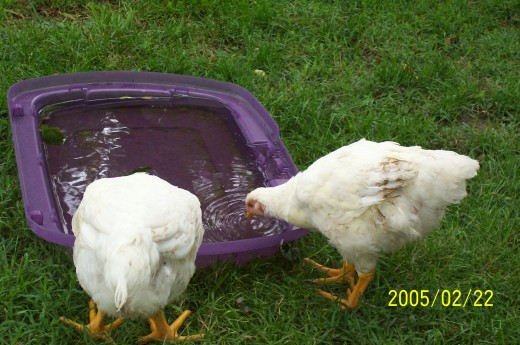
Mary Ann Warren's View
Mary Ann Warren claims, on the other hand, that animals are entitled to certain rights like life, liberty, and happiness. This, however, suggests that an animal knows what these things are. Warren also argues that if humans are allowed rights based on the fact that they are morally autonomous and that is why animals are not allowed rights, what of infants, the mentally retarded, and other morally inferior humans? If these nonparadigm humans are still allowed rights because of their potential autonomy, then it follows that they are exempt from the moral autonomy argument, and it should also follow that animals must be exempt of that argument as well. She argues that because of this exception it can be said that humans have intrinsic value. If nonparadigm humans are allowed sentience then animals should be allowed sentience and intrinsic value, too. But here's the problem.
An animal does not have the right to liberty since it has no conception of it, but we as humans have a moral obligation to provide it with liberty—there is a difference. Warren’s suggestion implies that an animal can be held responsible for its actions. If it knows enough to desire liberty it has the capacity to distinguish between captivity and liberty. In his example of the lioness and the baby zebra, Cohen states that the act of the lioness killing the baby zebra does not imply that she had a right to kill it because then we as humans would have the right to defend that baby zebra—but we don’t. Why? Because it is the circle of life and a natural act. It is an amoral act. The lioness has no concept of right or wrong, she is just doing what comes naturally to her therefore it can’t be her right to kill the baby zebra, it is just nature.
Warren’s argument on noparadigm humans being allowed moral autonomy is also easily refuted by Cohen in his essay. Nonparadigm humans are inclusive of morally autonomous humans as a whole. They are still humans. Similarly, while there may be animals with a higher capacity of intelligence, they are inclusive of animals as a whole. As Cohen states, it is not the individual human that qualifies humans as a whole to the possession of rights. Rights are universal so qualifying them isn’t necessary.

Conclusion
In conclusion, Cohen’s argument poses a stronger defense of animals whereas Warren’s implies that animals are to be held responsible for their possession of rights or lack thereof. Ultimately, Warren places too much weight on unknown values, such as the possible desire of an animal to have liberty. Cohen acknowledges that this cannot possibly be known and prefers to base his argument on what is known—that animals lack the capacity to distinguish from right and wrong. Given that an animal cannot be held responsible for its actions and is therefore not entitled to any rights, the duty to protect and treat animals humanely falls entirely on humans.
Some of you may still not be convinced. It's too easy to say that an animal has rights because in our minds, we have rights and we value them. But not having rights does not mean that an animal shouldn't be treated humanely, as Cohen argues. I think it is far more ethical to acknowledge that an animal is amoral and therefore has no rights, but that ethical and humane treatment should be enforced. This way, the responsibility falls completely on humans to do what is right. We should be held responsible when an animal or animals suffer, not another animal.
I hope I have shed some light on this topic. As you can see from the pictures, I am an animal lover, so I care deeply about the humane treatment of all animals. For more information I have posted my sources below and a link to Mercy for Animals.
Sources
Cohen, Carl. "Do Animals Have Rights?" Ethics and Behavior. 1997, vol. 7, no. 2, pp. 91-102.
Warren, Mary Ann. "Human and Animal Rights Compared," in Disputed Moral Issues, a Reader. Mark Timmons, ed. 2011, Oxford: Oxford University Press.
Other Articles By Emmaspeaks
- An Alternative to Toilet Paper
Toilet paper consumption in America is costly, not just in financial terms, but also environmentally. Using a watering can instead can save you hundreds a year and is good for the planet. - Police Officers: Public Servants, or the City's Revenue Hounds?
How much of a public service is issuing tickets, really? Parking tickets bring in revenue, but should that be an officer's top priority? - Cosplaying at an Anime Convention-It's Nothing to be Shy About
Anime conventions are fun for the whole family, and cosplaying is the best part! While it can be intimidating, the memories you will take away far outweigh the embarrassment you only think you will suffer. - Thanks to Monsanto, Eating Healthy has Taken on a Whole New Meaning
Most people in America don't know what a GMO is and sadly, they might not care because the alternative seems close to impossible. But this is a war and knowledge is power.

